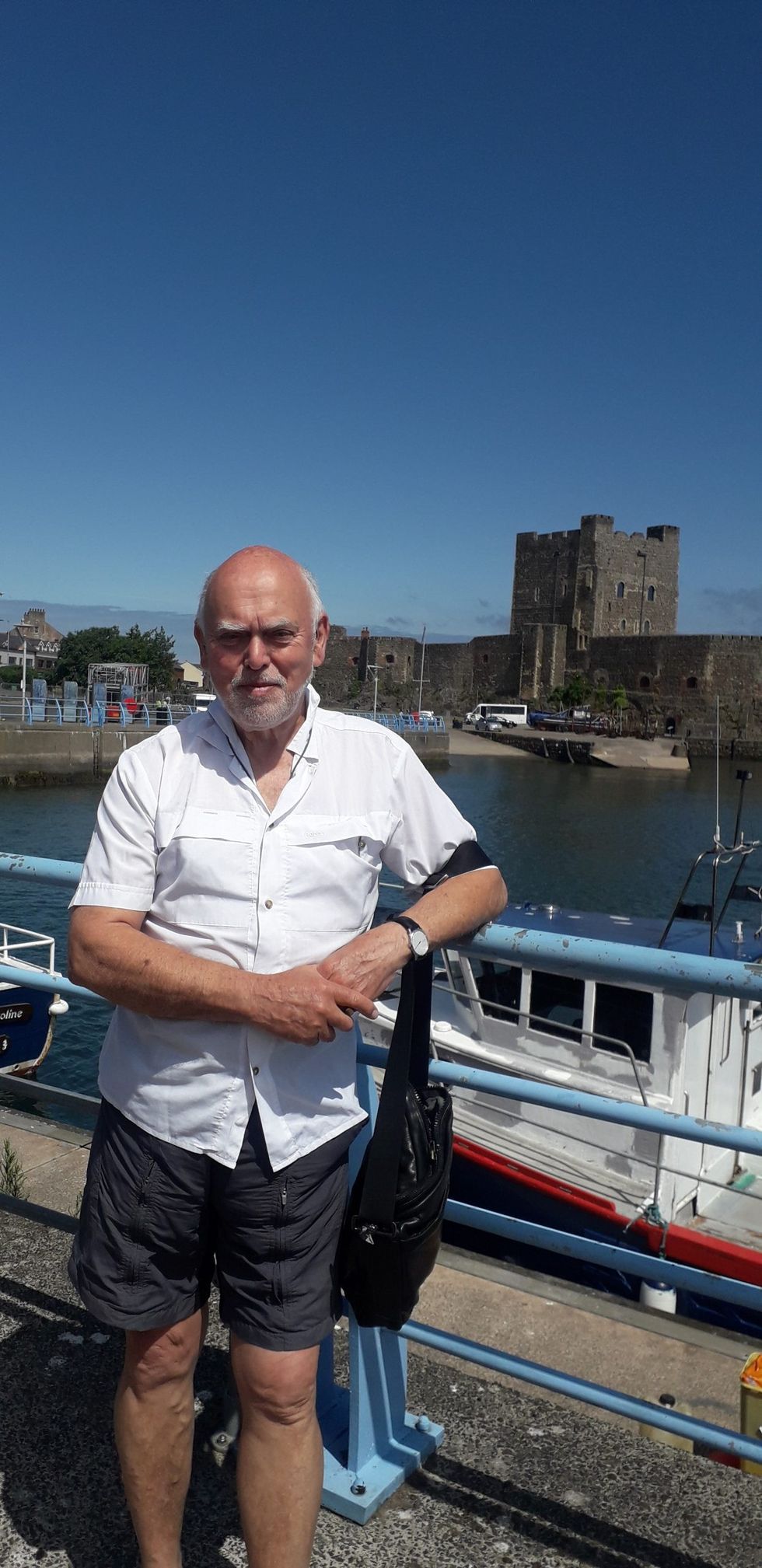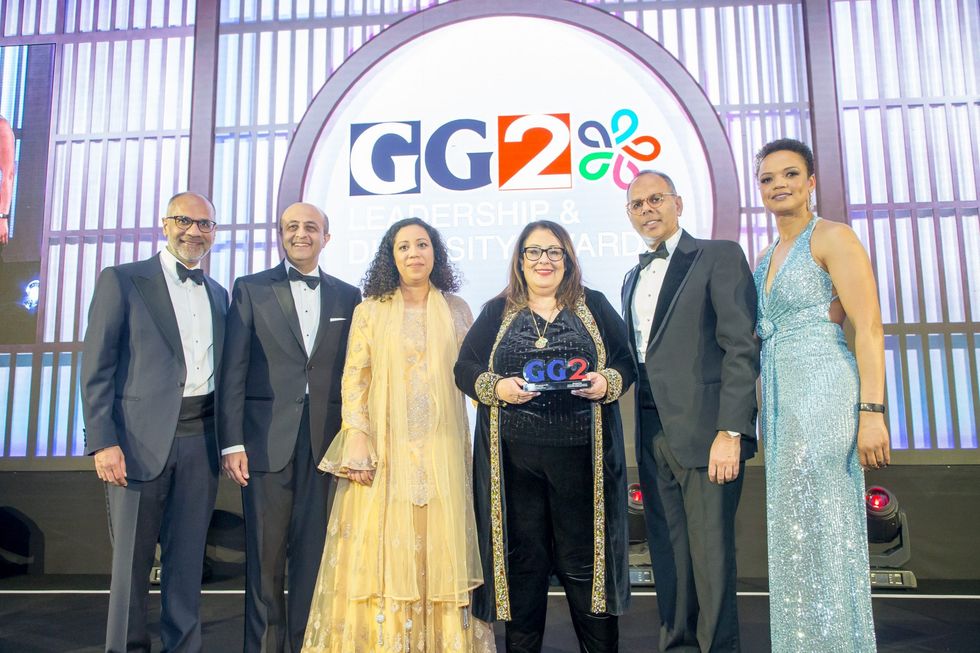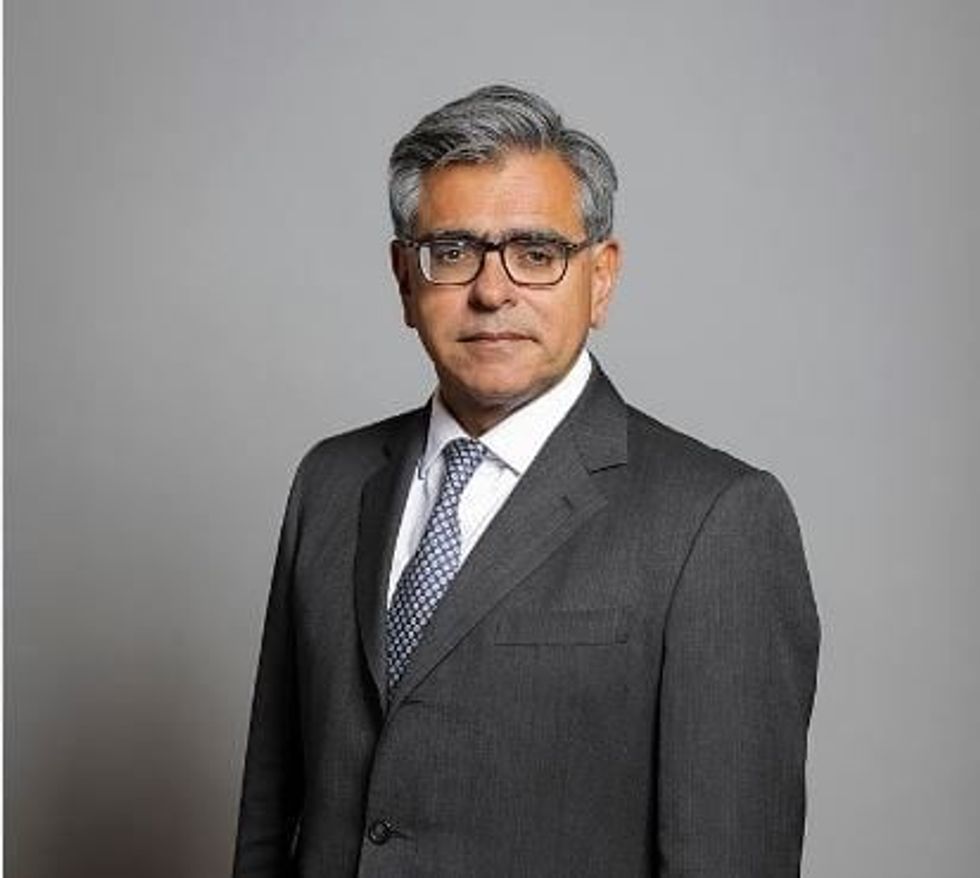A SURVEY of judges has revealed bullying, harassment and discrimination in the judiciary.
The Justice Office has also admitted it is investigating further the “issues relating to” these claims.
This about-face comes two years after the lord chief justice, Lord Burnett, denied bullying existed when asked by a journalist at a press conference.
One south Asian judge, who wanted to remain anonymous, told this newspaper, “The results were entirely generated because of your persistence.
“They returned statistics demonstrating that everything Eastern Eye has been saying is correct, about bullying, racism, hierarchy, the lot.”
Responding to questions from this newspaper, a spokesperson for the judiciary said the Judicial Office was committed to making sure the environment was “welcoming, inclusive and supportive”.
“Where bullying and harassment is reported, we acknowledge and tackle these issues, and ensure that those involved get the support that they need,” they said.
“We are undertaking further work to gain a better understanding of the issues relating to bullying, harassment and discrimination.”
'Abolish the JAC'
Eastern Eye can also reveal that some judges want the Judicial Appointments Commission (JAC) to be abolished and replaced by a fairer system.
Their biggest objection is the use of “secret soundings” where judges can anonymously blacklist potential candidates and justices seeking promotion without any way to rebut fake and career-fatal criticism.
In this week’s newspaper retired deputy district judge, Michael Rooze, has written why the JAC needs to be replaced.

It was, he said, not “fit for purpose”.
“These so called ‘secret soundings’ mean no-one ever knows who has black-balled you.
“In theory at least, because the judiciary is such a place that nothing stays secret for too long.
“The point is that this part of the selection process is, in my view, shameful, disgraceful, and anachronistic.
“It is from a period when the tap on the shoulder meant jobs were given to mates on a nod and a wink or that it was merely gubbins’ turn.
“It allows for nepotism and means true diversity will never be achieved at a time when we need people to challenge the status quo.”
Horrifying experiences
Rooze said the Judicial Support Network (JSN) of which he is a member, regularly hear the horrifying experiences of judges.
“Every week, the Judicial Support Network hears of cases of bullying, discrimination and sexism which make our skin crawl, so upsetting are the details.
“We asked for the Equality and Human Rights Commission to investigate, only to be told that these appeared to be systemic issues and it dealt with individual cases.
“Only one judge, Claire Gilham, took on and beat the Ministry of Justice (MoJ) at great personal and physical cost.
“Another, Judge Kaly Kaul QC, is courageously fighting a case which forced the MoJ to admit it had a duty of care for judges.”
Judge Kaul is one of the founders of JSN and, as previously reported, her legal claim is that she was bullied by senior members of the judiciary who failed to support her after she complained about the conduct of three barristers during a trial in 2015.
Last week (8), she won the coveted GG2 Woman of the Year award for her career achievements.

“The contents of the report represent the views of those with the courage to express them,” she told Eastern Eye.
“Some of us have experience of such conduct going back years, which have left us permanently damaged in terms of health and career.
“We are pleased that issues we have raised for years, I have been since 2016, will finally be acknowledged.”
Judicial survey
The judiciary launched its well-being survey, the first of its kind, last May.
It invited almost 22,000 judicial office holders (JOH) to fill in the survey of their experiences in the previous 12 months.
“The purpose of the survey was to obtain views on the range and quality of the current welfare support, ways to improve promotion of the services, whether stress was having an impact on the judiciary and, if so, the causes,” its introduction said.
“The survey also invited feedback on the impact of the Covid-19 pandemic, which wellbeing topics would be of most benefit to the judiciary and insights into the extent to which workplace culture supports inclusivity.”
It has taken until now to analyse the results of the one in five judges who responded.
The JSN told Eastern Eye that several non-white judges told it that they would not be filling in the survey for fear of being found out and targeted for their views.
We should also remember that for most of that time the courts were in lock down and judges were working mainly from home.
Even so, eight per cent complained they had experienced bullying and harassment.
Of these, 50 per cent blamed “overbearing leadership”, code for bullying said judges who have spoken to this newspaper.
Those who said they experienced bullying and harassment 16 per cent confirmed that they felt it was racism.
Victim blaming
One south Asian judge told Eastern Eye, “There’s been a culture of denial and victim blaming.
“Are all the reporting judges inadequate? Are we all mentally unstable and liars? Do we all need to be told that no judge would behave in this way, and therefore it doesn’t or didn’t happen?
“All the while those called upon to defend the current system can be relied on to do so, nothing will change.”
Another complained that the survey was meaningless.
“It is a box-ticking exercise that’s meant to show members of the justice select committee that the judiciary is serious about diversity and inclusivity.
“The problem is at the top, and who in their right mind is going to commit career suicide?
“Who on earth will go up against the very people who gaslight you, making you believe it’s all your fault.
“Just look at the period it covers. The past 12-months. What does that say? It says during Covid, when we didn’t go to the office, were we bullied or harassed or face racism.
“Come on, we didn’t go into our courts, and we wonder why only 21 per cent took part in this travesty.”
Almost half (47 per cent) of the 4,500-plus who responded said they were “occasionally anxious”.
Tellingly, the judiciary did not ask why they were anxious.
“I was very disappointed with the framing of the survey which seemed designed to avoid collecting comprehensive information,” one judge confided.
“You had to choose between stressors when many of us are feeling stress from multiple factors. These results conceal that.
“Someone being very stressed by IT problems and workload and Covid could choose only one when they might be feeling completely beleaguered by all of that in combination.
“Similarly, only one reason for not accessing support could be given by someone who felt they would both be marked out as a complainer AND they had not found the response helped the problem.
“Overall, I felt the internally generated survey was about cutting down on our responses.
“If we had been asked openly some of the judicial groups would have generated really explosive numbers and degrees of dissatisfaction. FIX.”
Real crisis
One judge pointed out a weakness in the survey and analysis.
“I'd have liked a breakdown of where people from diverse backgrounds are located in the organisation and their levels and type of welfare concerns,” they told Eastern Eye.
“I bet it would show real crisis in the lower ranks.”
The biggest problem, say the whistle-blowers who have contacted this newspaper, is that the leadership in the various courts have no real appetite to change institutional, structural and systemic problems.
“I’m pleased that the report found that the biggest problem was bullying and harassment by leadership and senior judiciary,” said one anonymous south Asian judge.
“That has been my experience and continuing experience in 10 toxic years in the judiciary.
“If I could turn back time, I would never have taken a full-time appointment.”
Another judge is more damning about the culture which pervades the judiciary.
“I have been told by some judges that they were too scared to be honest in the survey in case it their comments were traced to them, and they suffered further bullying and harassment.
“So, this survey only shows the results of those actually brave enough to respond honestly even with the fear of a backlash.”
'Fix the problem'
Writing in this week’s Eastern Eye, the retired deputy district judge, Michal Rooze, explained how easy it was to create a better judiciary.

“Lord Kakkar made a big deal about the Judicial Diversity Forum.”
“The fact is that you do not need a ‘forum’ or ‘committee’. Clearly, we have a problem with diversity. So, fix it. How?
“You need a bit of common sense, and you need somebody who is prepared to take robust decisions to say, what you are doing at the moment is simply unacceptable.
“Come back in a month and tell me what your solutions are. And if they cannot do it, kick them out.
“That’s exactly what the London mayor, Sadiq Khan, did when he put the out-going Met commissioner, Dame Cressida Dick ‘on notice’.”
The JAC refused our fourth request for an interview with its chair, Lord Kakkar, and it declined to comment on comments made by one of its former judges.



















